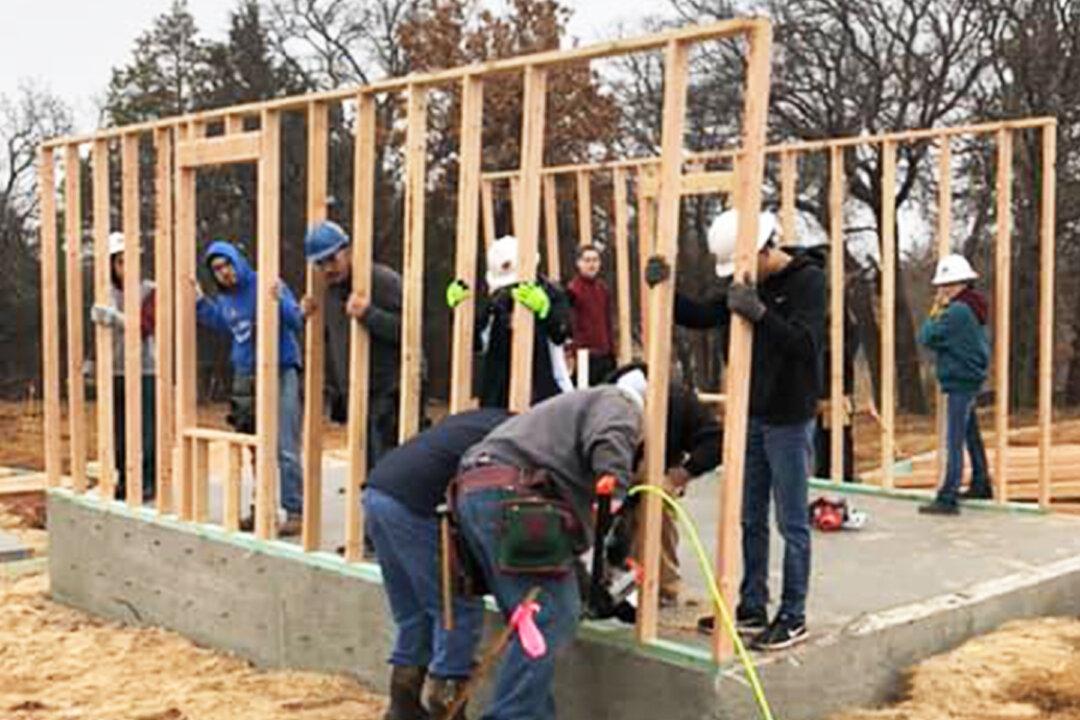Teenagers who age out of foster care run the risk of falling through the cracks of society; many end up homeless. Wishing to offer vulnerable teens soon to become adults an alternative, a non-profit is building tiny homes to keep young men and women safe, off the streets, and headed toward a brighter future.
Pivot, an advocacy and education group for youths and families, based out of Oklahoma, has been building a village of tiny homes for teens on their premises since April 2018. Owing to the proximity of the homes to the Pivot offices, residents get a two-for-one: a safe place to live and a plethora of support on their doorstep.





